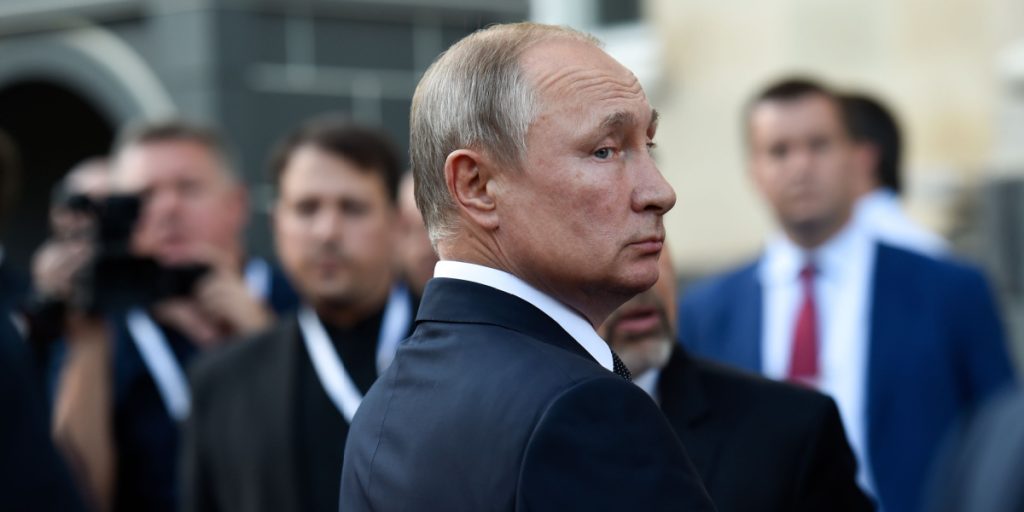U.S. intelligence challenges the narrative: Putin may not have directly ordered Navalny’s fatal poisoning.
Others are reading now
The mysterious circumstances surrounding the death of Alexei Navalny have recently been further complicated by a report from the Wall Street Journal.
According to the publication, U.S. intelligence does not believe that Russian President Vladimir Putin directly ordered the assassination of the vocal opposition leader, who has long been seen as a thorn in the side of the Kremlin.
Unraveling a Political Mystery
Despite the absence of a direct order, the report points out that this does not necessarily absolve Putin of responsibility in Navalny’s tragic demise.
Navalny, often referred to as “Putin’s worst enemy,” died at the age of 47 after collapsing in a penal colony in Siberia on February 16. While the Russian government has consistently denied state involvement, Navalny’s supporters and many international observers remain skeptical, attributing his death directly to the Russian President.
Also read
Skepticism Among Allies
The Wall Street Journal’s narrative is based on a blend of classified intelligence and an analysis of public records, including the timing of Navalny’s death, which coincided conspicuously with Putin’s contested reelection.
The report has been met with mixed reactions, with some European intelligence services reportedly skeptical of the U.S. conclusion.
Leonid Volkov, a staunch Navalny supporter, criticized the notion that Putin was not informed or did not approve of the act, calling it “ridiculous.”
Following the report, Kremlin spokesperson Dmitry Peskov gave a brief comment, noting only that he had seen the Wall Street Journal article.
This understated reaction contrasts sharply with the storm of discussions it has triggered worldwide about the opaque nature of Russian political machinations.
President Putin, after securing victory in the recent election widely criticized for fairness, acknowledged Navalny’s death as a “tragic event” and mentioned a prisoner exchange involving Navalny before his February demise.
However, this does little to clarify the swirling ambiguities that now define Navalny’s death and the future of Russian opposition.


